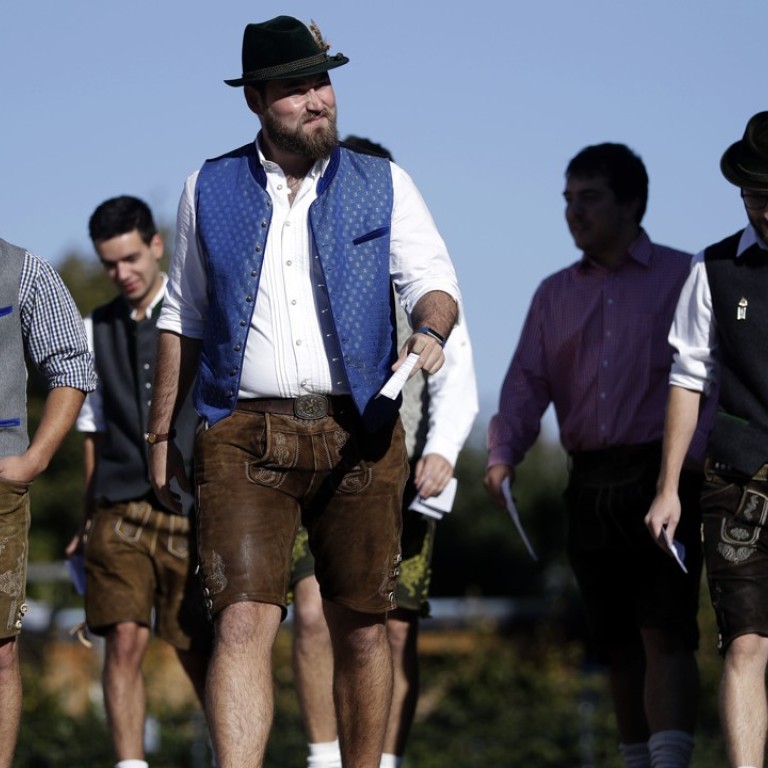
Germany’s Angela Merkel confronts fresh turmoil after Bavarian allies suffer worst election loss since 1950
The Bavaria election served as a painful bellwether of the national mood
Chancellor Angela Merkel faces a new round of coalition turbulence after her Bavarian sister party dropped to a historic low in a regional election that exposed the scope of voter disaffection with Germany’s political establishment.
The Christian Social Union’s loss of its absolute majority on Sunday threatens to reverberate through Merkel’s seven-month old government, which has been hampered by infighting.
Merkel’s other coalition partner, the Social Democrats, fared even worse in the wealthy southern region, shedding half its support to take less than 10 per cent.
“Debacle for CSU and SPD,” ran the online headline of Bild daily, while Der Spiegel called it a “bitter defeat” for Bavaria’s traditional ruling party.
After a summer of high-level brinkmanship in a series of crises that risked bringing down the government, all sides cited the sniping in Berlin as a factor in the CSU’s loss.
At the centre of the tension has been CSU party head and federal Interior Minister Horst Seehofer, who sought to shift the party to the right with his strident criticism of Merkel’s migration policies.
The beneficiaries in Bavaria were the far-right Alternative for Germany, or AfD, which swept into the state parliament for the first time, and the Green party, whose support more than doubled.

Merkel’s own fortunes were not tied to the result in Bavaria, where her party wasn’t on the ballot.
But they are at stake in the next regional election on October 28 in Hesse, home to Frankfurt, Germany’s financial capital.
Polls suggest support for her Christian Democratic Union could drop to the lowest levels since the 1960s in the state, which the CDU has governed since 1999.
A setback risks further undermining Merkel’s authority before she seeks re-election as party leader at a CDU convention in Hamburg in December.
She took a hit last month when one of her loyalists unexpectedly lost his perch as head of the CDU-CSU parliamentary caucus in a revolt by lawmakers.
Projections in Bavaria put the CSU, which has dominated the state’s politics since the second world war, on course for its worst result since 1950 with about 37 per cent of the vote, compared with 48 per cent in 2013.
“The political earthquake was in Bavaria, but the aftershocks will be felt in Berlin … Talk will increase ever more about the end of the Merkel era,” said Fred Kempe, president of the Washington-based Atlantic Council think tank.
Jan Techau at The German Marshall Fund of the United States think tank described Merkel as “exhausted and weakened”.
“And yet, her strategy to keep the Union firmly in the middle does not look so silly after this result for the CSU,” he said.
“Whether this temporary reprieve can hold or not will depend on the result in Hesse.”
Additional reporting by Agence France-Presse and Reuters

